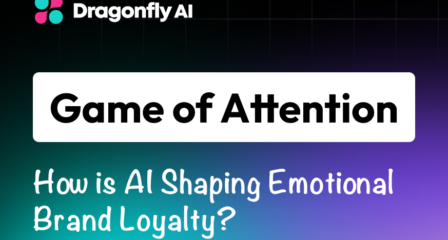
Last month, a unique piece of neuroscience research was published. Its findings were largely accidental, but its impact and its reach are potentially huge.
It reported the activity within the brain of an 87-year-old male. He had recently experienced a fall and was being continuously scanned to help identify the cause of some ongoing symptoms he was experiencing. However, whilst his brain was being scanned, he suffered a cardiorespiratory arrest and died.
Now, on behalf of my fellow neuroscientists, I have to first state that this is incredibly rare! The process of scanning someone’s brain is not usually dangerous nor does it carry any significant side effects. Please remember that when I am next asking for volunteers for one of my studies…
However, this tragic occurrence has provided a unique insight for us into what happens within the brain during death.
Essentially, changes were detected in the neural oscillations (brain waves) which occur rhythmically within the living brain. The patterns recorded by the EEG in the 30 seconds either side of his heart stopping, are similar to those we normally see when someone is dreaming, recalling memories and meditating.
The author of the research, Dr. Zemmar, proposed that “the brain may be playing a last recall of important life events just before we die, similar to the ones reported in near-death experiences.” However, I must point out that this is just a hypothesis as we cannot determine from EEG data, the precise nature of the experience the man was having.
Now, when conducting research studies, I am sure we all know that a sample of just one person is not sufficient. There are few conclusions that we can draw from this opportunity, which stand up to scientific scrutiny. However, it will have significant consequences as such insights force us to challenge our current views of when life actually ends. If we are working in end of life care, or even planning the timings of organ donations, this single case has the power to make us stop and really think about what we are doing.
Hopefully this rare tragedy can enable us to provide better experiences for many others, as they transition from life into death.
The original study can be read in full here.




